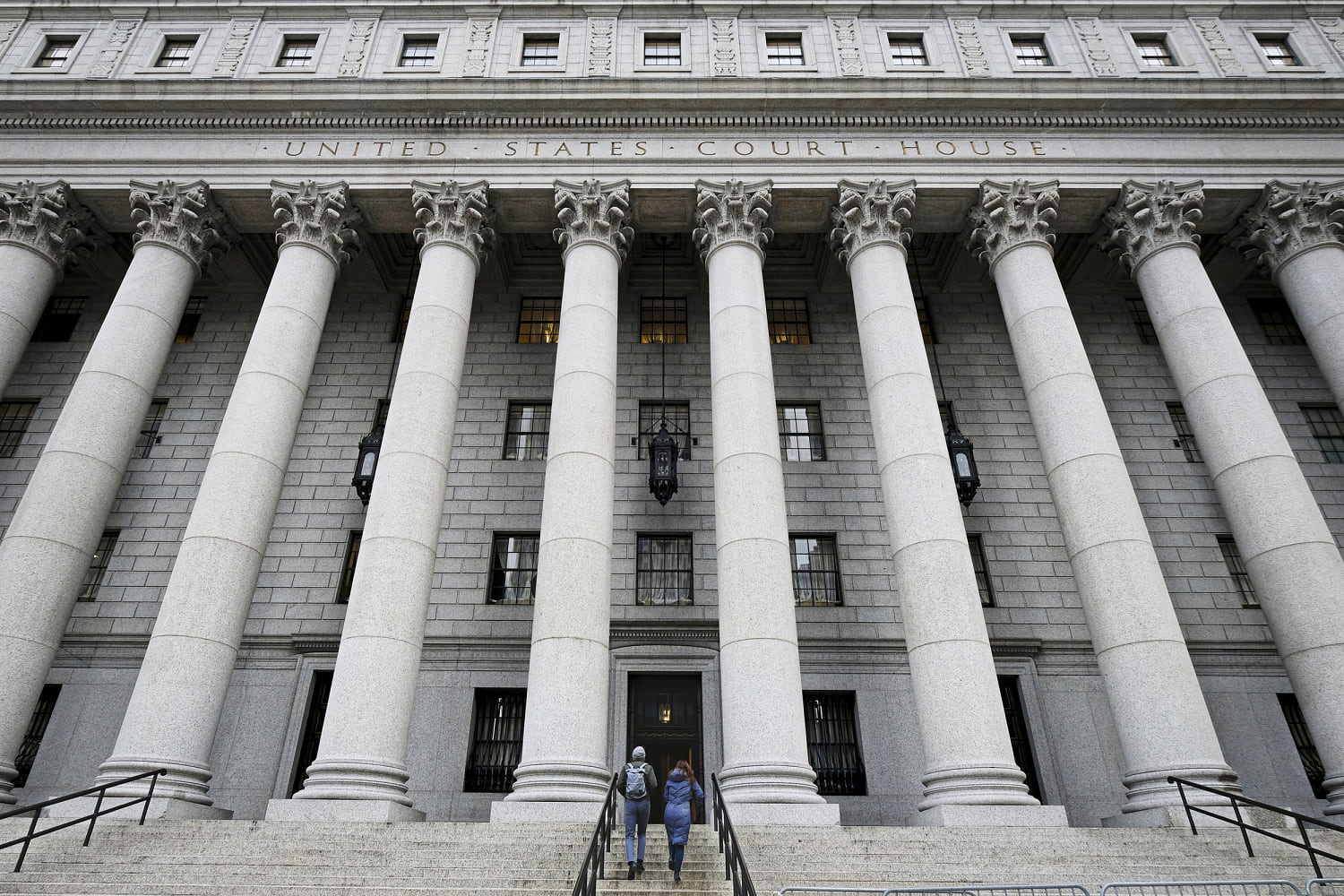
Two women have been charged in yearslong “romance schemes” to dupe a number of elderly men out of more than $7 million, Manhattan federal prosecutors said in a court filing.
The women, identified as Rosanna Lisa Stanley and Gina Guy, defrauded at least 16 victims out of millions of dollars in a scheme that spanned from 2009 until this year when they were arrested, according to a criminal complaint filed in the Southern District of New York.
Stanley and Guy were both arrested on June 25 in North Miami Beach, Florida, and New York City, respectively, according to a release from the U.S. attorney’s office.
Stanley and Guy lured their elderly victims “into purported romantic or close personal relationships through in-person meetings, phone calls, text messages, and an online dating platform,” the complaint said.
Once they earned their victims’ trust, the women convinced them to send them money “under false pretenses,” telling the victims they needed money for things like fake businesses and organ transplants, prosecutors said.
Both women are facing charges of money laundering, wire fraud and conspiracy, according to prosecutors. Each of the charges carries a maximum prison sentence of 20 years.
“As alleged, Rosanna Lisa Stanley and Gina Guy callously defrauded elderly victims who were simply looking for companionship. They allegedly used the millions of dollars in fraud proceeds to lead lives of luxury at their victims’ expense,” U.S. Attorney Damian Williams said in a statement. “As today’s arrests demonstrate, perpetrators of romance scams will be held to account for their crimes.”
In one alleged instance, prosecutors say Stanley connected with an “elderly male” victim who believed he was in an “exclusive, romantic relationship” with her. Stanley repeatedly requested money for things like rent and living expenses, which the victim paid, according to the complaint.
The victim eventually provided Stanley with credentials for one of his credit cards and the card itself, leading Stanley to change the account’s password and rack up thousands in charges, prosecutors said.
He also wired Stanley thousands after she requested funds for a purported catering business, according to prosecutors, $220,000 of which Stanley used to pay off loans for her boat and luxury car.
Prosecutors said Stanley duped this victim out of at least approximately $555,000.
In another alleged example, prosecutors say Stanley conned another victim out of at least approximately $1,000,000 while pretending to be a psychic who told the victim his money was “tainted with bad influences.” Stanley allegedly told the victim that she could “untaint” and “protect” his money and would eventually return it to him cleaned if he wired it to her.
Over time, prosecutors said, Stanley convinced the victim to wire her more and more money so she could help him reach his “desired life.”
Guy, prosecutors said, defrauded four elderly male victims out of at least $908,000 after telling them she needed money for medical procedures, including kidney transplants, but then “spent the money on non-medical personal expenses, including expensive meals, utilities, apartment rent, and luxury goods,” according to the complaint.
She also convinced one of the victims to send her $708,000 so that “she could help him move his money from his current bank to another bank that offered higher interest rates, so that Victim-6 could maximize the returns on his funds on deposit,” the complaint said.
Together, Guy and Stanley convinced yet another victim to send them thousands because they wanted to buy a dressmaking business in New York City and needed a loan, prosecutors said.
“Gina Guy and Rosanna Lisa Stanley allegedly took advantage of innocent individuals seeking companionship and exploited them for their own benefit,” said James Smith, FBI assistant director in charge. “Collecting millions of dollars from their victims, the perpetrators allegedly gained and betrayed the trust of primarily elderly individuals to fund their luxury purchases.”
It was not immediately clear if Stanley and Guy were represented by lawyers. Attempts to reach the court to determine if the defendants were represented were unsuccessful outside of normal business hours.







